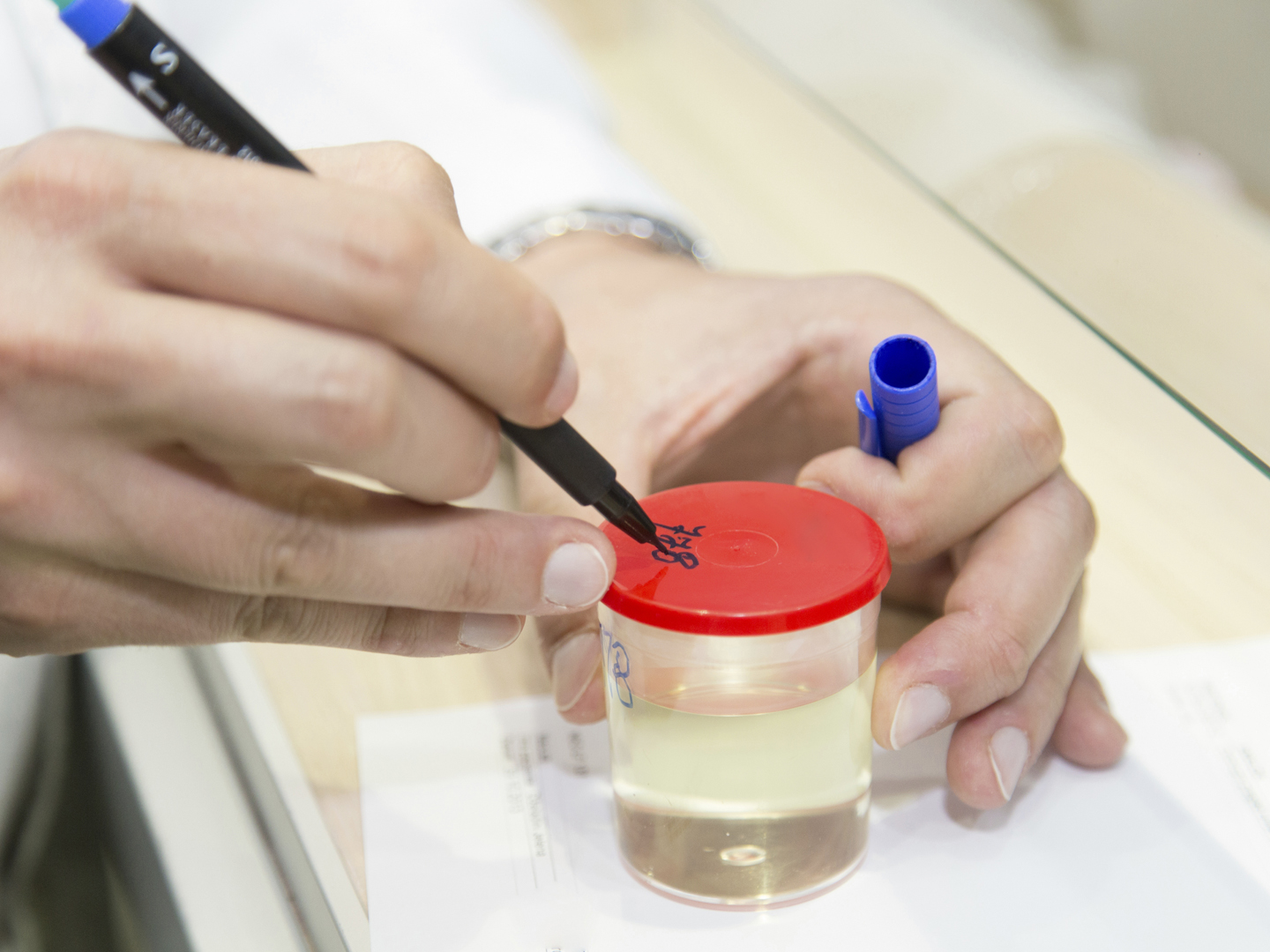Misinformed About Milk Thistle?
What’s your take on the study from Denmark showing that milk thistle doesn’t appear to help in liver disease?
Andrew Weil, M.D. | May 1, 2006

Milk thistle (Silybum marianum) is an herbal remedy that has been used to treat liver disorders for many years. The latest study, a review and meta-analysis of 13 clinical trials, published in the December, 2005, American Journal of Gastroenterology, concluded that extracts of milk thistle are ineffective as a treatment for liver disorders. The study got widespread publicity that, I’m afraid, gave the wrong impression about both the safety and efficacy of this time-tested remedy. A review of the study by a team of experts assembled by the American Botanical Council (ABC) put the findings in perspective. It showed that, contrary to misleading information carried in some news reports, the study itself concluded that milk thistle extracts are safe and are well tolerated by patients. The ABC experts also reported that the conclusion questioning the efficacy of milk thistle was based primarily on the results of only one of the 13 trials analyzed.
The suggestion that milk thistle isn’t safe stems from a press release quoting one of the authors who said that studies so far have been unable to exclude a potential “harmful effect.” However, the study authors found just the opposite: that milk thistle “appeared safe and well-tolerated.”
The ABC experts also found that the liver diseases examined in the clinical trials included in the meta-analysis varied from alcoholic liver disease (a severe end-stage condition) to viral hepatitis B and C infections. In addition, the primary outcome measured was all-cause mortality, and the average length of treatment in the 13 trials was six months. This is a difficult proposition to test since it generally requires studies with larger number of subjects or longer length of study time to show a difference.
It is tough to come to a definitive conclusion with an analysis when the trials chosen focus on different diseases and are so short in duration. The meta-analysis did find that deaths related to liver disease were significantly reduced by milk thistle in all of the trials studied, although most of the deaths occurred in only two studies. And the ABC reviewers found that the conclusion that milk thistle doesn’t seem to benefit patients with alcoholic liver disease or hepatitis B or C was based on the findings of only one article.
This study and its findings are unlikely to be the last word on the subject. My colleague Tierona Low Dog, M.D., an internationally recognized expert in the fields of integrative medicine, dietary supplements and women’s health, and an authority on botanical medicine, notes that the National Institutes of Health is about to embark on a large study of milk thistle and its effect upon the liver. We need basic science studies as well as a large clinical trial in patients with hepatitis to shed light on exactly how milk thistle works to protect the liver and who it might benefit. However, the accumulated evidence we have now suggests that milk thistle does have a positive effect on the liver and confirms that it is safe.
Andrew Weil, M.D.
Want to learn more about aging gracefully? Join Dr. Weil on Healthy Aging today!










